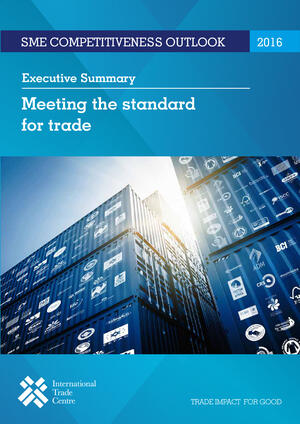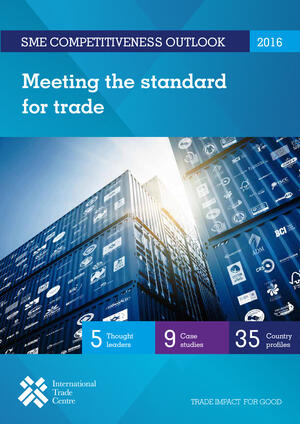Perspectivas de Competitividad de las Pymes 2016 Resumen Ejecutivo
Las normas y los reglamentos tienen repercusiones importantes en la competitividad de las pymes.El tema central del informe Perspectivas de competitividad de las pymes de este año es "Cumplir las normas para fomentar el comercio". Cuando las pymes siguen dicha recomendación, aumentan sus...





